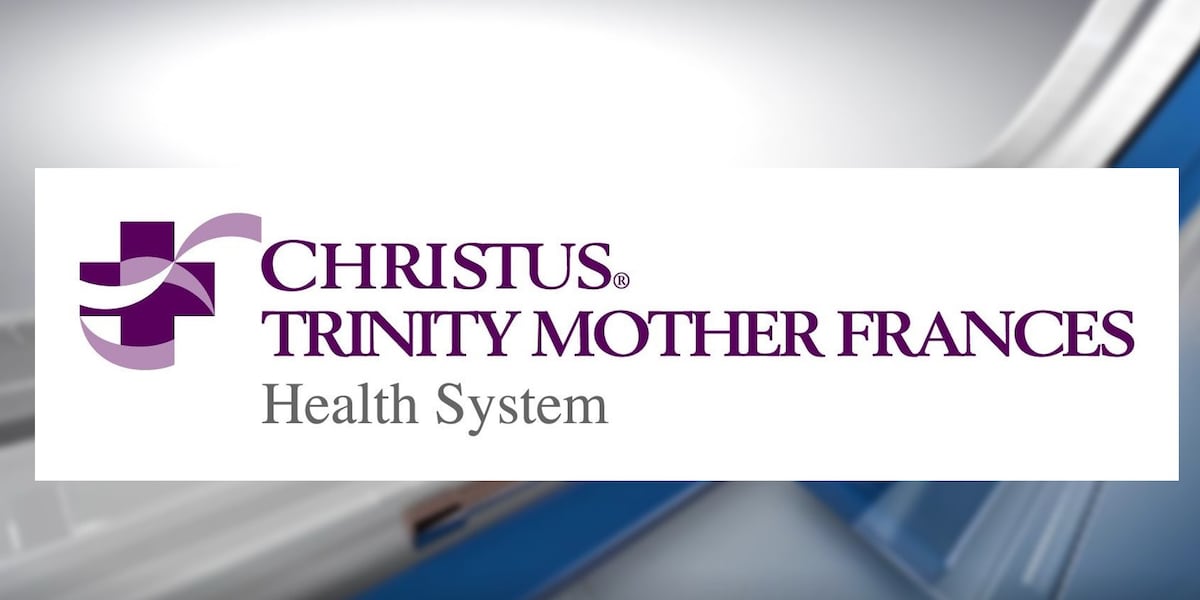Kennedy Jr. Shakes Up Vaccine Policy: Entire Advisory Panel Dismissed Amid Conflict of Interest Claims

In a move that’s sent ripples through the US healthcare landscape, Robert F. Kennedy Jr., the current US Health Secretary, announced the dismissal of all members of a crucial federal vaccine advisory panel on Monday. Kennedy Jr., a vocal critic of current US immunisation policies, cited “significant conflicts of interest” among the panel members as the primary reason for the sweeping change. This action marks a significant escalation in his ongoing challenge to the nation’s approach to vaccines and public health.
The advisory panel, formally known as the National Vaccine Advisory Committee, plays a vital role in providing guidance to the Department of Health and Human Services (HHS) on vaccine-related issues. Its members, typically leading medical professionals and scientists, offer expertise on vaccine safety, efficacy, and implementation strategies. The panel's recommendations often inform government policy and public health campaigns.
Kennedy Jr.'s announcement was met with a mix of reactions. Supporters praised his willingness to question established norms and address concerns about potential biases within the advisory system. Critics, however, expressed worry that the move could undermine public trust in vaccines and erode the scientific basis of public health decisions. Some experts cautioned against dismissing experienced advisors without a clear and transparent process for replacement.
“The current members of this panel have demonstrated a clear bias towards pharmaceutical interests,” Kennedy Jr. stated in a press release. “Their decisions have not always been in the best interest of the American people, and it is imperative that we have an advisory body that is truly independent and dedicated to protecting public health.” He promised to appoint a new panel composed of individuals with diverse perspectives and a commitment to unbiased scientific inquiry.
The timing of this decision is particularly noteworthy, coming amidst ongoing debates about vaccine mandates, booster shots, and the long-term effects of various vaccines. Kennedy Jr.’s stance on these issues has been consistently at odds with mainstream medical consensus, and his actions as Health Secretary are expected to further shape the national conversation on immunisation.
While the specific identities of the new panel members remain unknown, Kennedy Jr. indicated that he would prioritise individuals with expertise in areas such as natural immunity, alternative therapies, and the potential adverse effects of vaccines. This shift in focus is likely to draw further scrutiny and debate, as it represents a departure from the traditional emphasis on vaccine development and promotion.
The dismissal of the advisory panel and Kennedy Jr.’s subsequent statements highlight a growing tension between traditional public health approaches and alternative perspectives on vaccination. The impact of this change on US vaccine policy and public health remains to be seen, but it undoubtedly signals a period of significant transition and potential upheaval in the nation’s approach to immunisation. The HHS is expected to release more details regarding the selection process for the new advisory panel in the coming weeks.






